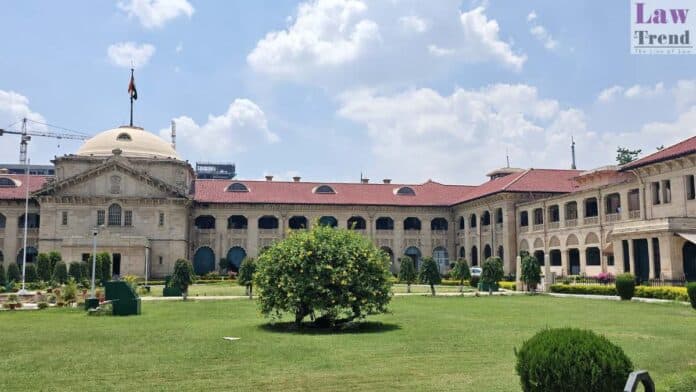In a significant judgment, the Allahabad High Court reaffirmed the principle that convictions cannot rely solely on the “last seen” theory, emphasizing the need for a robust chain of circumstantial evidence to establish guilt beyond a reasonable doubt. The division bench of Justice Rajiv Gupta and Justice Vikas Budhwar delivered the ruling on December 3,
To Read More Please Subscribe to VIP Membership for Unlimited Access to All the Articles, Download Available Copies of Judgments/Order, Acess to Central/State Bare Acts, Advertisement Free Content, Access to More than 4000 Legal Drafts( Readymade Editable Formats of Suits, Petitions, Writs, Legal Notices, Divorce Petitions, 138 Notices, Bail Applications etc.) in Hindi and English.




